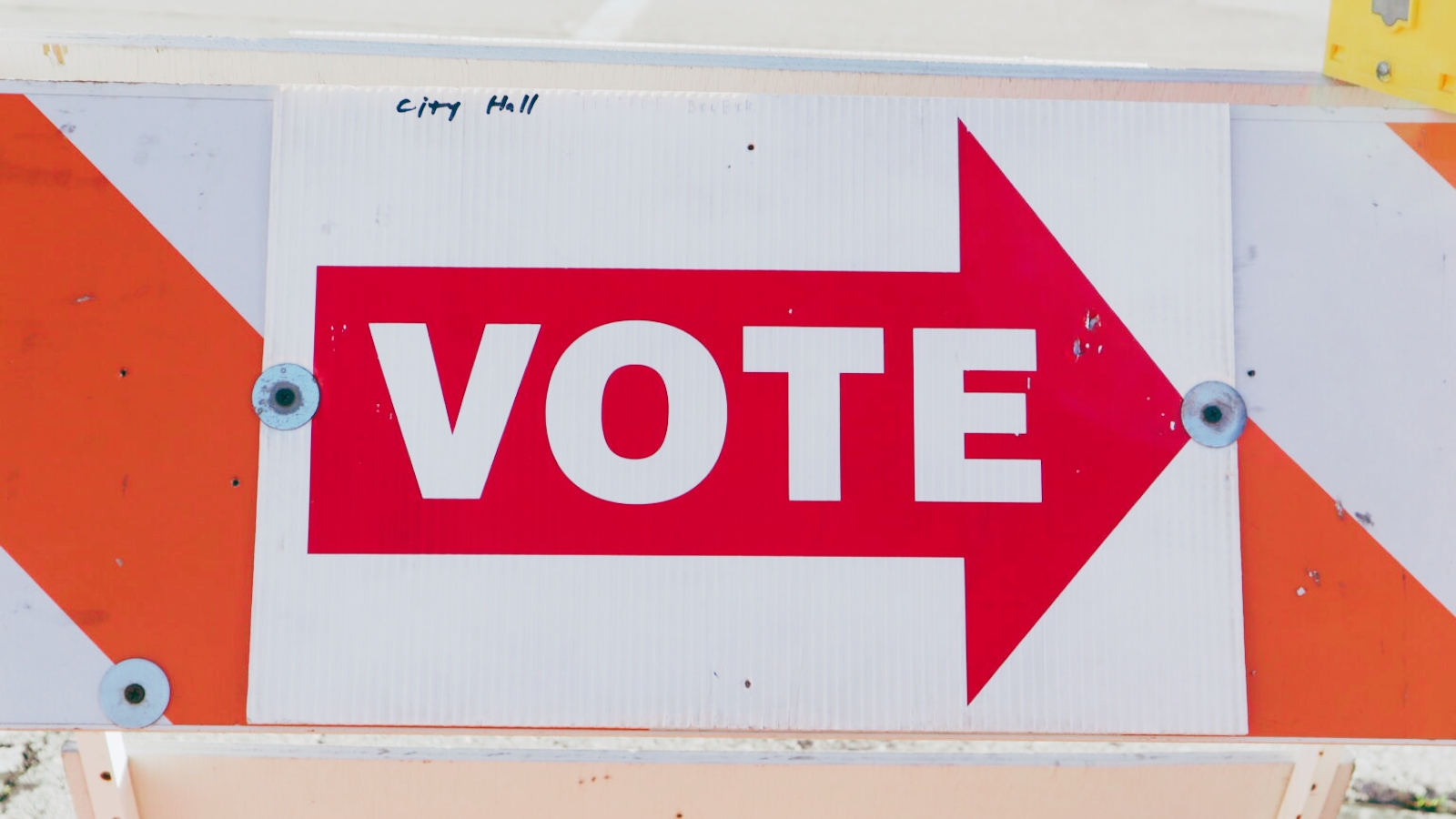
An Improved ESG
I had my monthly one-on-one with my boss recently. Supply chains/logistics came up. My mind wandered as this has been a hot topic in the wake of the shutdowns of a few years ago. But I also thought of the ESG crusade.
Among other things, our company attempts to navigate supply chain issues for clients as effectively and efficiently as possible. Doing so helps them flourish, and when they succeed, their employees prosper, their owners profit, and we shine as well.
And it could be better.
One of the most detrimental things we’ve faced in the last few years has been soaring consumer prices. Part of that has been with us for a couple decades; inflation.
This stems from poor U.S. monetary policy. We’ve seen it manifest itself in high prices at the pump, at the grocery store (ironically, two metrics the Federal Reserve excludes from some of their stats), in housing, etc.
The other part has been a shock to global supply networks. Though that started creeping in a few years prior as a result of former President Donald Trump’s protectionist bent, it went into overdrive following the political reaction to the coronavirus.
Leaders the world over shut down businesses they deemed non-essential. Workers were sent home and all but put under house-arrest, ostensibly for our own safety.
Elected officials gave little to no thought to the unintended consequences of fighting a virus that had a couple of well-defined victim demographics (seniors and those with other medical conditions) and an overall 99+% survival rate.
In this case, when supply chains were broken apart and governments simply handed out cash to people whose jobs evaporated, it was a perfect storm for skyrocketing prices.
During the chat with my boss, I wondered; if corporate decisions are supposed to take into account societal well-being (as per ESG), beyond what they provide via employment, innovation, etc., should educating their employees on this type of fallout be included?
Wouldn’t being hip to policy choices that hit the poorest hardest fit here?
This isn’t so much a political point as it is one of logic and reason. The only time politics would enter the discussion is if companies, their trade associations, etc. lobby for preferential treatment. Or if their officials or associated political arms (PACs) make campaign donations.
If misinformation is a genuine concern, then employees should be aware that it’s not “greed” that compels companies to raise prices, for example. It’s more likely that the cost of inputs has subsequently risen, and/or the dollar has been allowed to depreciate in value.
Moreover, what some refer to as “greed,” others refer to as “profit motive,” without which we see less innovation, less competition. We subsequently endure lower quality and higher prices.
If companies want to put on workshops about taking care of the earth, or seminars promoting awareness of traditionally oppressed groups (both noble goals), should they not also shine a light on the consequences of poor decisions by people they vote for?
Free the People publishes opinion-based articles from contributing writers. The opinions and ideas expressed do not always reflect the opinions and ideas that Free the People endorses. We believe in free speech, and in providing a platform for open dialogue. Feel free to leave a comment.



